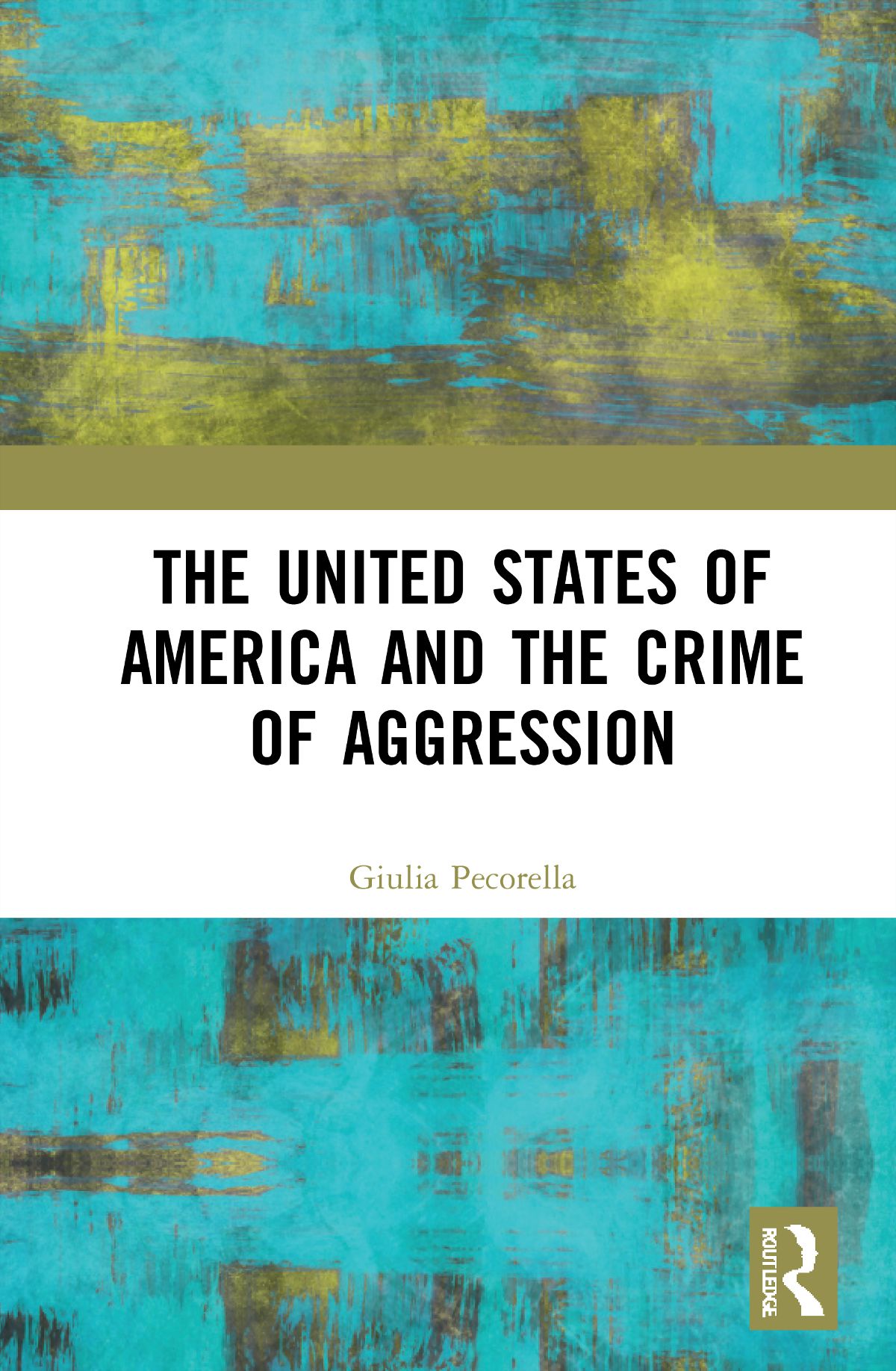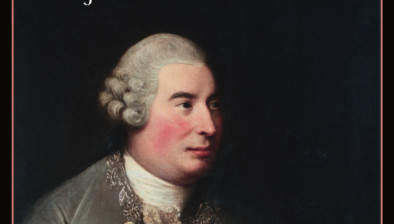New book looks at US stance on the crime of aggression

A legal expert has documented America’s position on the ‘crime of aggression’ towards other countries from the Declaration of Independence up until the Donald Trump administration.
Giulia Pecorella, a senior lecturer in law at Middlesex University, has written The United States of America and the Crime of Aggression as a guide for students, academics and professionals with an interest in international law.
Dr Pecorella explains the US position on the crime of aggression has shifted significantly since being instrumental in setting up the Nuremberg trials following the Second World War and supporting the International Military Tribunal’s judgement that the crime of aggression was the “supreme international crime”.
She concludes “for a very long period, the US largely contributed to the progressive development of international law”, but “due to the Cold War this positive relation between the US position on the crime of aggression and customary law ended abruptly”.
The book documents how the US did not have any prior and explicit authorisation from the United Nations Security Council (UNSC) for military action in Afghanistan, Iraq and Syria and is not a party to the International Crime Court (ICC). The US has been a consistent opponent of the 2010 Kampala amendment to the Rome Statute which defines the crime of aggression and under very limited circumstances allows the ICC to prosecute individuals for this crime.
Dr Pecorella said: “The US had a very positive impact at first and was the main advocate for the creating the crime of aggression but this position changed from the start of the Cold War up until now, when they began to argue that it was impossible to define aggression and the precedents of Nuremberg were very specific.
“The US started to detach from the UN Charter which they helped to draft and began to use self-defence as a justification in relation to communism and later terrorism.
“They then looked for a third route in the form of humanitarian intervention - even without authorization of the UNSC - if the population is in danger due to the use of biological and chemical weapons or following allegations of genocide or crimes against humanity, such as in Syria in 2017.
“The US became more military focused as it grew in power and once the military gained more influence it began looking at the rules in a different way.”
Dr Pecorella carried out the research as part of her PhD under the supervision of Professor William Schabas, a professor of international law at MDX who is a widely respected expert on human rights.
In a foreword to the book, Dr Schabas wrote: “Unlike most countries in the world, the US is primarily concerned not with being a victim of the crime of aggression but rather with being charged and prosecuted for it.
“It has more than 400 military bases, of different shapes and sizes, outside of its borders, on every continent of the world except Antarctica.
“Washington’s annual military budget significantly exceeds $600 billion, more than the spending on defence of the next seven countries taken together.
“Indeed, its military spending alone is more than the total annual budget of nearly half the countries in the world.”










